President Bola Tinubu has stirred controversy by appointing Dr. Mainasara Umar Kogo as the Chairman of the Code of Conduct Tribunal (CCT) without consultation with the National Judicial Council (NJC) or the Federal Judicial Service Commission (FJSC), bodies typically involved in such decisions. This move, communicated officially through a letter dated January 20, 2025, and signed by Senator George Akume, the Secretary to the Government of the Federation (SGF), has ignited a debate over the legality and ethics of judicial appointments in Nigeria.
The appointment was announced with an effective date backdated to November 27, 2024, which adds another layer of contention regarding the transparency and adherence to constitutional procedures. Dr. Kogo’s appointment was initially announced in July 2024 by then-presidential spokesperson Ajuri Ngelale, despite the tenure of the previous chairman, Justice Danladi Umar, not having officially expired due to retirement age considerations.
This unilateral decision by President Tinubu has drawn significant criticism, with legal experts and Senior Advocates of Nigeria like Professor Mamman Lawan Yusufari and Dr. Festus Akande voicing concerns. They argue that bypassing the NJC and FJSC undermines the constitutional framework that ensures checks and balances within the judicial appointment process. The NJC, as the body responsible for recommending judicial officers, and the FJSC, which oversees the appointment of judicial staff, are crucial for maintaining the integrity and independence of the judiciary.
Critics point out that this approach not only potentially breaches constitutional mandates but also sets a precedent that could erode public trust in the judicial system. The move has been described as unconstitutional and illegal, with many questioning the implications for judicial independence and the rule of law in Nigeria.
The controversy is further complicated by the history between Tinubu and the CCT, where Justice Umar had previously presided over high-profile cases involving Tinubu, including a 2012 trial on allegations of false asset declaration. There is speculation that this appointment might influence ongoing or future cases at the tribunal, though no direct evidence supports such claims.
In response to the backlash, the administration has remained largely silent, with no official clarifications on why the established procedure was not followed. This silence has fueled speculation and increased calls from legal circles and civil society for adherence to constitutional norms.
The unilateral nature of this appointment raises significant questions about the governance style of President Tinubu and his respect for judicial autonomy. As this situation unfolds, it might prompt legal challenges or lead to a reevaluation of the appointment processes for judicial positions, emphasizing the need for transparency and adherence to the law in all governmental actions. This incident underscores ongoing debates about executive overreach and the balance of power in Nigeria’s democracy.


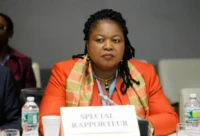

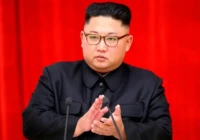
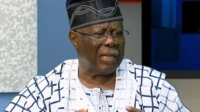
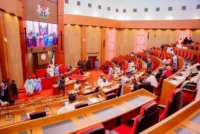

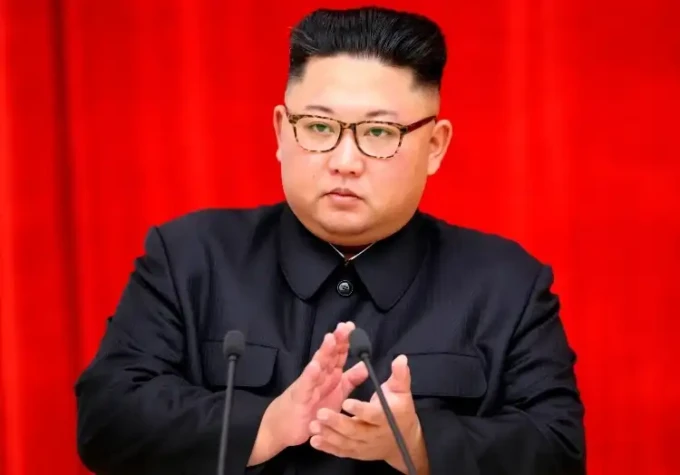

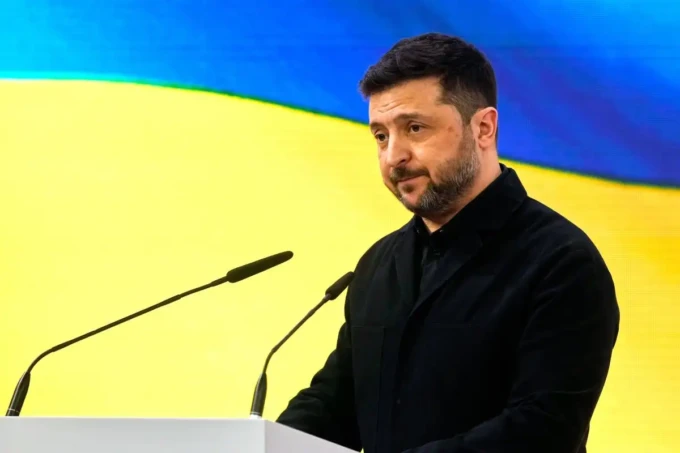

Is this a power move or a bypass of democracy? Tinubus appointment raises eyebrows. Whats your take?
Is this the beginning of a slippery slope or a necessary move for efficiency? What do you guys think?
Is it fair for Tinubu to bypass judicial bodies in appointing the new CCT Chairman? What are your thoughts?
Is Tinubu setting a dangerous precedent by bypassing judicial bodies in appointing the new CCT Chairman? What are your thoughts?
This seems shady AF. Why is Tinubu making backdoor appointments? Something fishy going on here. Time for some transparency!
Im all for efficiency, but bypassing judicial bodies seems risky. What do you think? Is it necessary or a dangerous precedent?
Is Tinubu setting a dangerous precedent by bypassing judicial bodies in appointing the new CCT Chairman? Lets discuss!
This is a dangerous precedent. Are we okay with politicians bypassing the judiciary for their own agenda? Something to think about.
Is Tinubu setting a dangerous precedent by bypassing judicial bodies? What are your thoughts on this move? Lets discuss!